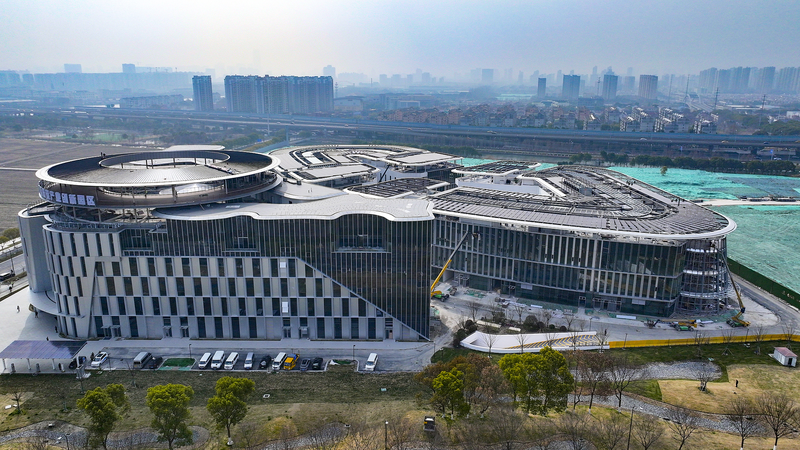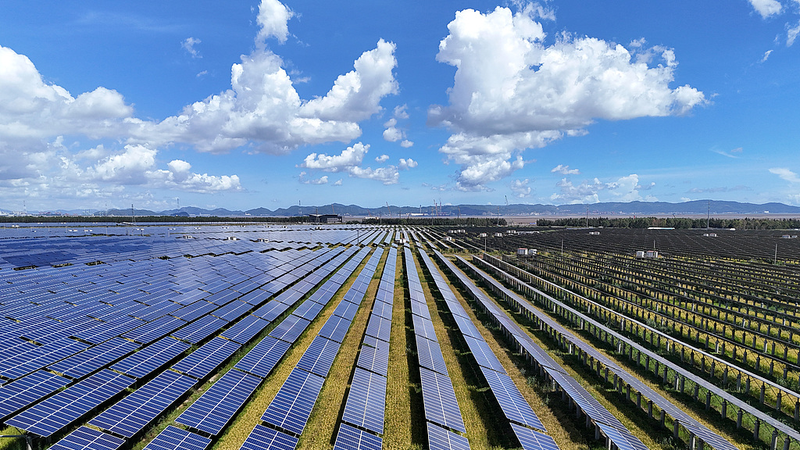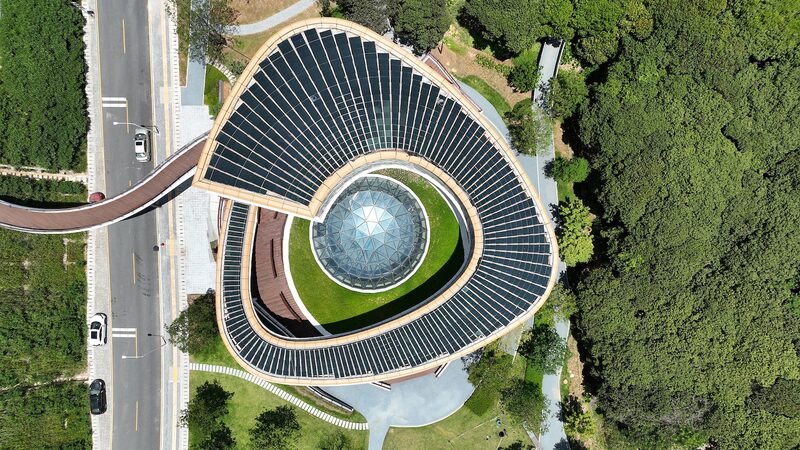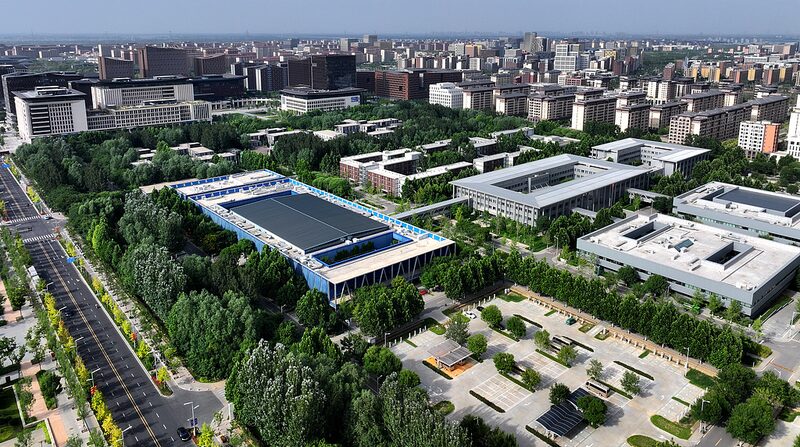China's industrial sector is undergoing a historic transformation as its 14th Five-Year Plan (2021-2025) prioritizes green development as the engine for high-quality economic growth. New policy frameworks reveal systematic efforts to decarbonize manufacturing while maintaining industrial competitiveness – a balancing act with global implications.
Building the World's First Green Manufacturing Ecosystem
Key agencies including the National Development and Reform Commission and Ministry of Industry and Information Technology have launched coordinated measures to reduce carbon intensity by 18% in major industries. Initiatives range from phasing out coal-fired boilers to implementing digital monitoring systems across 10,000 factories.
The Clean Energy Infrastructure Push
Central to this transition is China's $546 billion investment in renewable energy infrastructure through 2025. Solar panel production capacity has tripled since 2020, while wind turbine exports grew 45% year-on-year in Q1 2023. Emerging technologies like hydrogen fuel cells and carbon capture systems are being piloted in industrial clusters across the Yangtze River Delta.
Analysts note these developments position China to potentially dominate next-generation green technologies while addressing domestic environmental challenges. The World Economic Forum recently highlighted China's grid-scale battery storage projects as critical to stabilizing renewable energy integration.
Reference(s):
World's green factory: China's system to decarbonize manufacturing
cgtn.com







